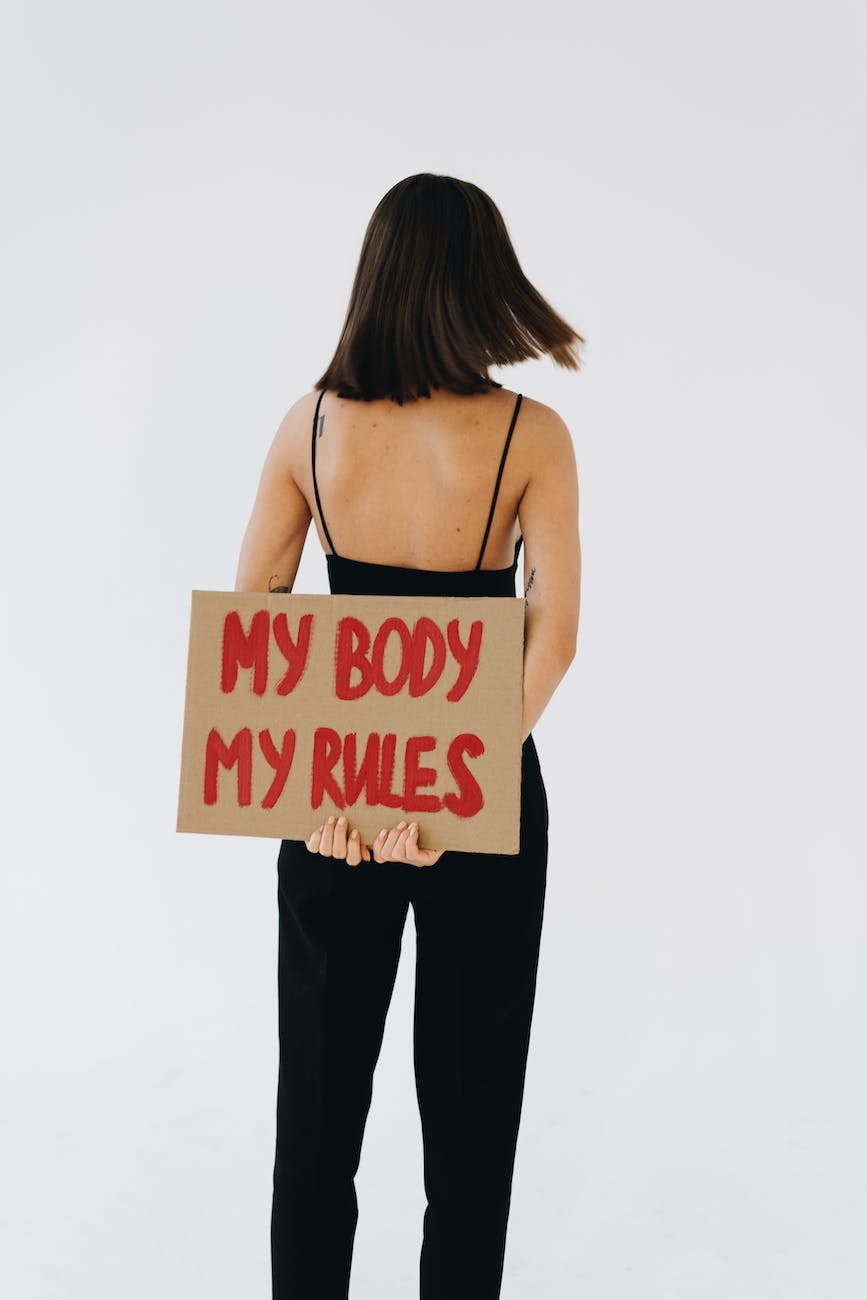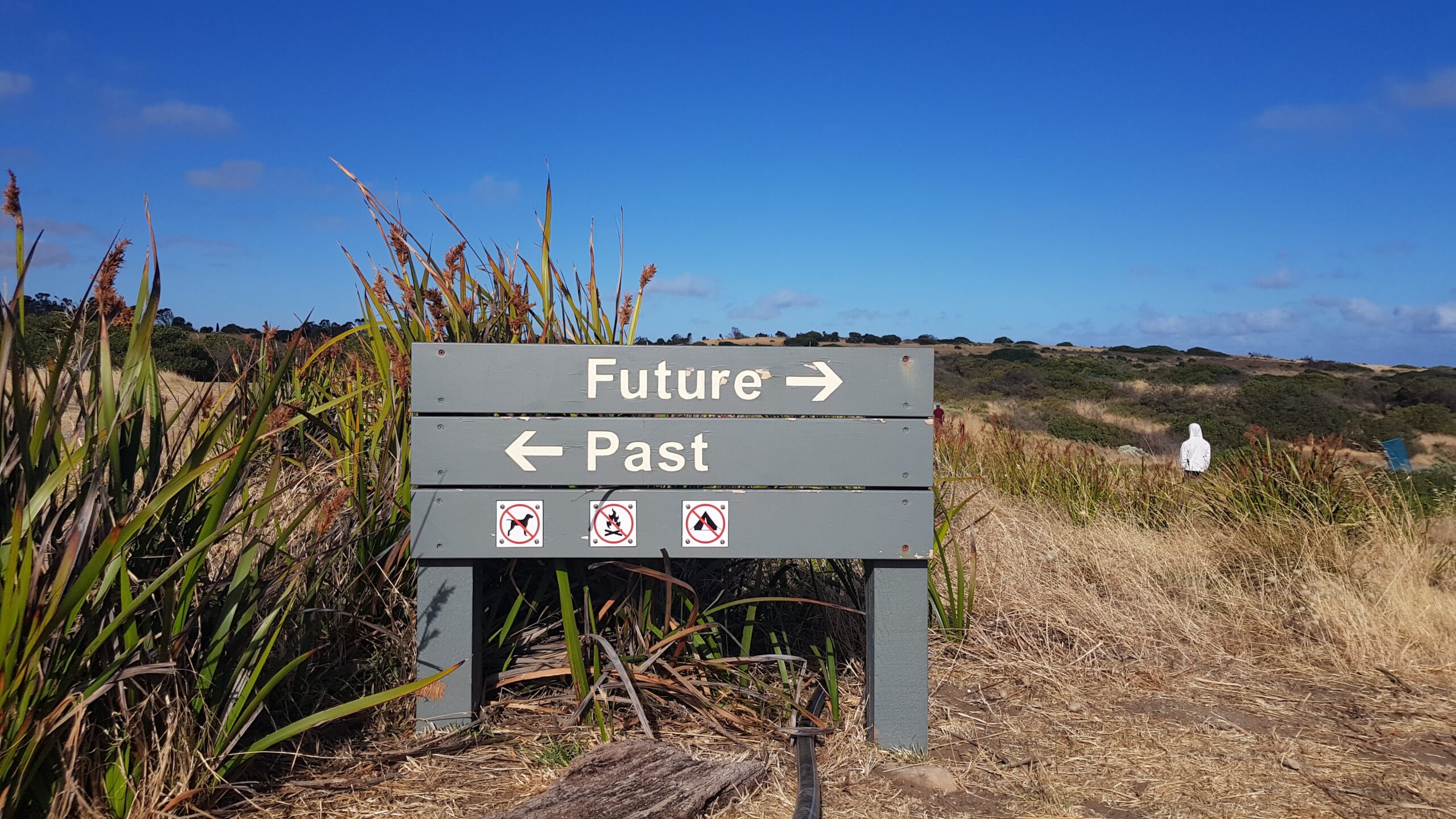For many of us in the future, we will die the way we live…in whatever manner we choose.
There will be more of us, too. According to the Population Reference Bureau, the number of Americans over the age of 65 will go from 52 million in 2018 to 95 million by 2060. These Americans will live longer than previous generations thanks to scientific and medical advances. This will undoubtedly change all our lives.
It will also change our deaths.
Today’s most recent senior citizens were born in the 1950s. Consider the extraordinary social, religious, and cultural revolutions they have witnessed. As a result of those revolutions, they have enjoyed more options regarding how to live, work, and love.
They will also want more options for how to die.
How Do People Want to Die?
As a death doula and end-of-life educator, I support people every day who want…no, demand…the right to die authentically, peacefully, and joyfully.
Yes, joyfully.
My clients and students are just the beginning.
Dying people, today and into the future, want a different end-of-life experience than their parents or grandparents. These are empowered people with agency, who did not leave their lives to chance. They carefully planned their education, families, careers, and retirement.
How will they apply that same agency, planning, and preparation to their deaths? In a variety of ways…
No Fear
Dying people don’t want to be afraid.
They explore traditional options like talk therapy and benzodiazepines to reduce end-of-life fears and anxiety. In the future, they will also try newer therapies, meditation, and plant medicines to explore the mystery of death.
Specifically, older Americans are pushing for and expecting the rescheduling and legalization of psychedelics like MDMA, psilocybin, and DMT. Dying in the future will mean less fear and more awe-inspiring wonder.
Dying at Home
After a terminal diagnosis, more dying people choose to be at home, surrounded by loved ones, rather than in hospitals surrounded by strangers. This will include care teams made up of families, friends, and hospice workers to support the person and surround them with love as they die.
Future deaths will be discussed in a more normalized way so that people can learn and improve their experiences.

Self-Advocacy
Death is being seen not as a medical event, but as something larger. Patients exert more control over their healthcare plans or carefully choose proxies to advocate on their behalf. More seniors seek out doctors who function as valued consultants rather than as the boss.
More Expected Deaths
Patients will prioritize their quality of life and bring hospice and palliative care on board much earlier. This will help people feel more comfortable while enjoying their remaining time, which is one of many reasons why hospice increases longevity.
Dying people use this precious time to draft ethical wills, so descendants understand their experiences, values, and life lessons. They create legacy projects, organize recipe books, and write their own obituaries. They use social media, blogs, texts, emails, and Zoom calls if necessary to reach out, forgive, make meaningful amends, send messages of love, and say goodbye.
Death in the future will allow us to own more aspects of our end-of-life experience.
Freedom to Choose
More people will voluntarily stop eating and drinking, push for Medical Aid in Dying laws, and support assisted suicide.
Eco-Friendly Options
This generation brought back Earth Day and started conservation movements. In record numbers, they are moving away from traditional embalming and burials that poison the environment.
Instead, they opt for green burials, water-based cremations, mushroom burial suits, and human composting. We will continue to see a rise in home funerals with little or no corporate involvement.
A Blend of Beliefs
More of my clients identify as spiritual rather than religious. For deaths in the future, this will continue to trend upward. Therapists, social workers, death doulas, and chaplains blend a variety of humanist and multi-faith rituals to help alleviate grief as well as emotional and spiritual suffering.
Empowerment in Life and Death
Marginalized communities should not be forced to give up their hard-earned empowerment at the end of life. Instead, their advocates help medical teams understand everything from the dynamics of non-traditional families to cultural considerations they must implement and honor.
Diverse, equitable, and inclusive pre- and post-death care for our most vulnerable loved ones is vital.
More Good Deaths
Simply put, how we will die in the future? In a way that embraces death as a sacred, universal experience. We will sit with that mystery, rather than be frightened of it. After all, tomorrow’s seniors understand that for fear to thrive, it requires silence and ignorance. Expect them to shine light and awareness instead.
People everywhere continue to be better prepared for this awe-inspiring journey. That’s what the future holds for all of us.
Catherine Durkin Robinson is an end-of-life doula and educator with Anitya Doula Services. She lives in the Lakeview East area of Chicago.



Recent Comments